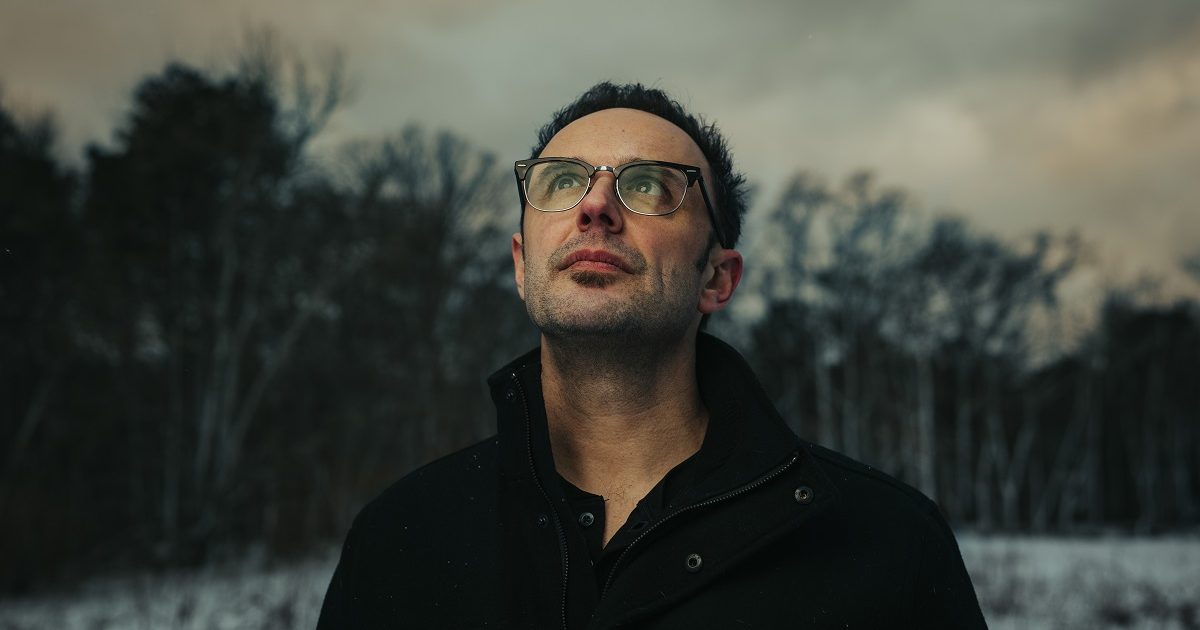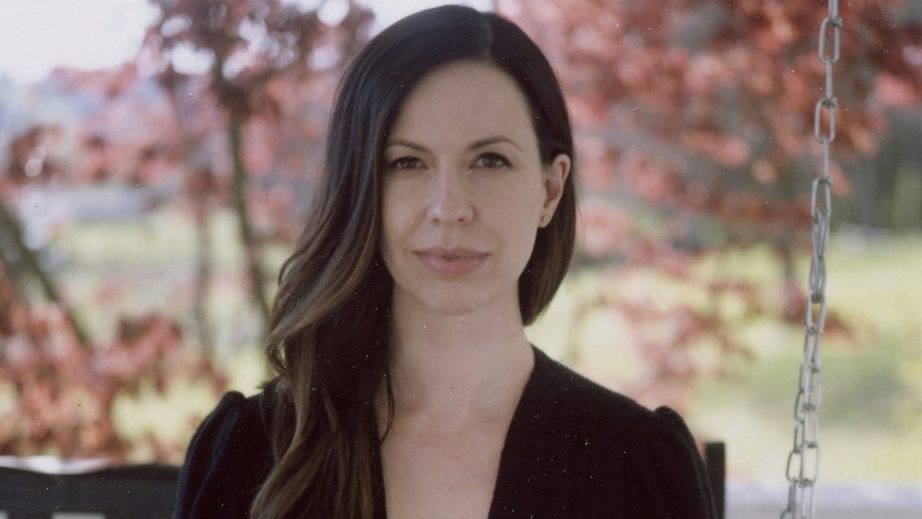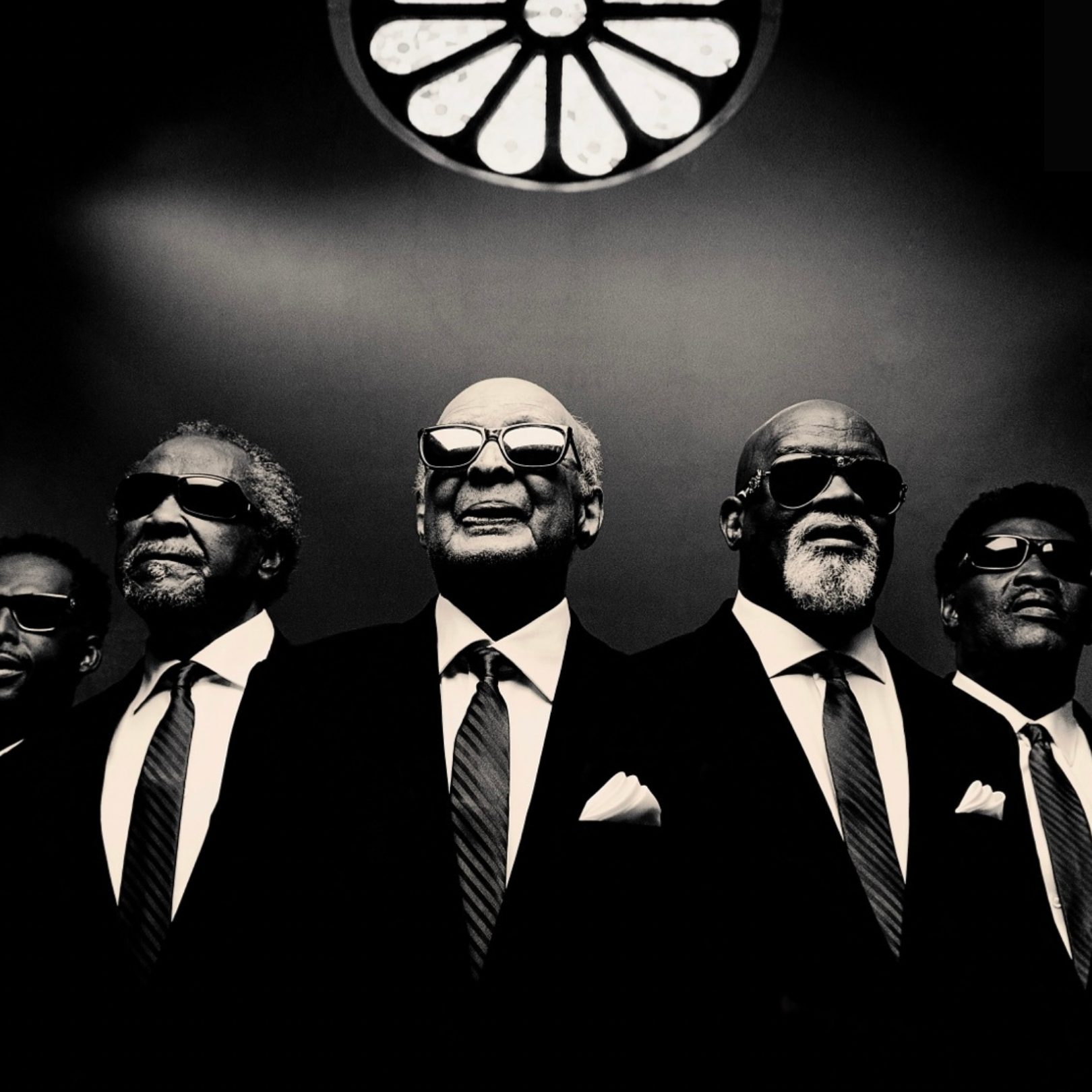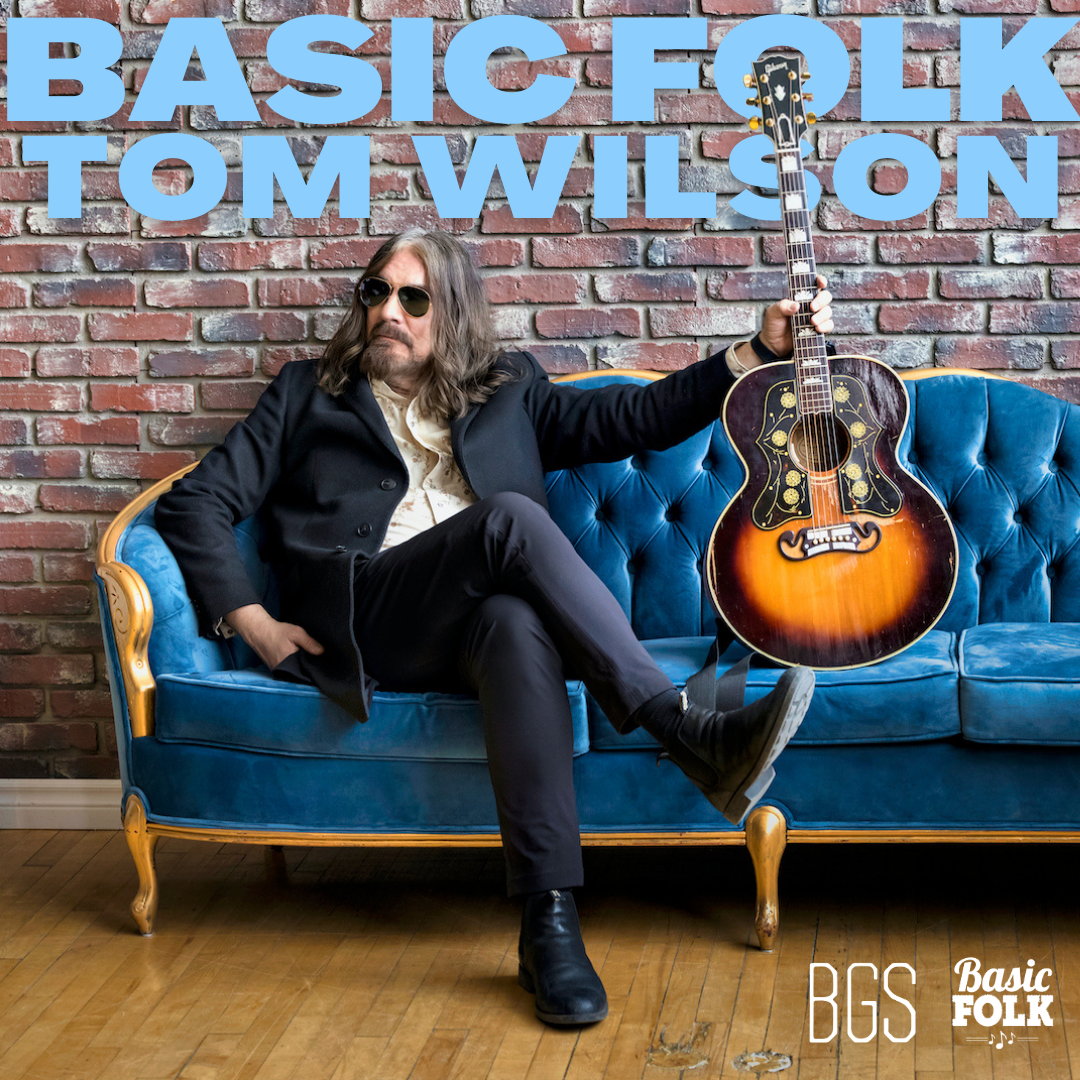Artist: Mark Erelli
Hometown: Melrose, Massachusetts
Latest Album: Lay Your Darkness Down
Personal nicknames (or rejected band names): Oh man, I don’t really have any! The only nicknames I had were in elementary school, where kids would taunt me with adjectives that rhyme with “Erelli.” I’m sure you can come up with all the permutations on your own. I’ve always been a solo artist, so I don’t have any rejected band names, either. I feel like I’m letting a lot of people down with this particular answer!
Which artist has influenced you the most … and how?
At heart, I’m just a really big music fan, so I’ve thought a lot about my influences and how they’ve changed over the years. I think most of us start out trying to follow in the footsteps of our musical heroes, typically bigger, established artists from a different time. I was no different in my early years but, truthfully, the longer I do this, the less those early heroes tend to matter to me in terms of conscious influence. And the music business that helped those artists become so influential is gone for good. So the artists that have deeply influenced me for a long time now are my friends, peers I have worked alongside, seeing firsthand how they manage their art and their careers.
It’s hard to pick the friend that has had the most profound influence, but I have learned more than I can really articulate from Lori McKenna. We met in 1996 when we both lost the same songwriting contest, came up through the Boston scene together, I’ve produced some of her albums, and played in her band since 2005. I’ve had a chance to see the choices she’s made throughout every stage of her storied career—before she even had a ‘career’—and I find her journey to be extremely inspiring and educational. Lori’s consistent friendship and generosity have been a real north star for me, and she’s a big part of my new album Lay Your Darkness Down, having written a wonderful song together and singing harmony on the title track.
What’s your favorite memory from being on stage?
About a decade ago, I opened for Darrell Scott one night in Portland, Maine. I had played the room several times on my own, but I campaigned for the gig just so I could meet Darrell and let him know I’d been a big fan of his for years. I was convinced I’d come on a bit too strong at soundcheck, endlessly proclaiming my love of obscure independent records that he’d played on in the ’90s, but I was later humbled to see that he was watching my set.
When he took the stage for his headlining set, he said, “We’re gonna do something a little different tonight. Instead of just me up here playing one long solo set, I’m going to do a short set, we’ll take a quick break, then Mark and I will come back up together, trading songs until we feel like stopping, like an old-fashioned Nashville guitar pull.” He hadn’t mentioned this plan to me before he went on, so I was just floored. But that’s what we did. I think we played for 90 minutes or so, the whole night of music approaching three hours of music in total, a marathon that no one had even asked for! To have a musical hero invite me into a space where we were both completely in service to the songs, supporting each other as equals, was just an incredible gift. I’ll never forget it.
What rituals do you have, either in the studio or before a show?
Two words: vocal warmups. This is not a sexy ritual, but I cannot stress enough how regularly warming my voice up for 15-20 minutes before a show or a recording session has changed my life. I’ve always been a decent singer, I guess, but since I’ve been warming up regularly before shows I find that I can sing at the level of proficiency I strive to perform at, for longer, and with far less emotional distress about being able to keep it up night after night. The whiskey you think you need before you go on stage is not doing you any favors, it just makes you care less about how you sound. The vocal warmups I do have helped make singing a more physically enjoyable experience for me, and the sooner you start the more it’s going to help you. I know, I didn’t listen either when I was in my 20s and 30s and people told me to warm up my voice. But if I could go back and change one thing it would be to have started this ritual far earlier in my career.
What’s the toughest time you ever had writing a song?
I think the toughest part of ‘writing a song’ isn’t really the writing itself, it’s the observations, experiences, and realizations that ultimately lead me to the point where I feel compelled to sit down and write about something, to try and make sense of it. The songs on my new album Lay Your Darkness Down were largely written in the wake of being diagnosed with a degenerative retinal disease (retinitis pigmentosa) that is slowly causing me to go blind. The songs that weren’t directly inspired by my RP diagnosis were written against the backdrop of a global pandemic, and the profound hits to what serves double duty as my livelihood and spiritual practice.
Those were just extremely tough times, and for a while songwriting just felt like a very ineffectual tool for dealing with them. Thankfully, the practice gradually came back to me, and it ultimately became something that helped me process what I was going through. I have to thank friends like Mary Bragg, Anthony da Costa, Matt Nathanson, and Lori McKenna, who all co-wrote remotely with me over Zoom during the pandemic and helped me sidestep some of the loneliness and isolation I was feeling. The writing is often fun and exciting, it’s living a life worth writing about that’s the tough part.
How often do you hide behind a character in a song or use “you” when it’s actually “me”?
I think I do this an awful lot. I will frequently consider myself to be writing a song from the perspective of a character, only to find out at some point after the fact that there is perhaps an uncomfortable amount of “me” in the song’s protagonist. This realization can take years, and I think it’s just a simple truth that the songs often get there before I do, and they wait patiently for me to catch up. Even when I am writing from a first-person perspective, I’m often portraying myself and my motivations as I’d like them to be, and maybe not as they actually are. I often use songwriting to envision what’s possible, instead of cataloging things as they are. In that way, I like to think that my songs can be inspiring and stir hope, not just for others, but for me too.
Photo Credit: Joe Navas






